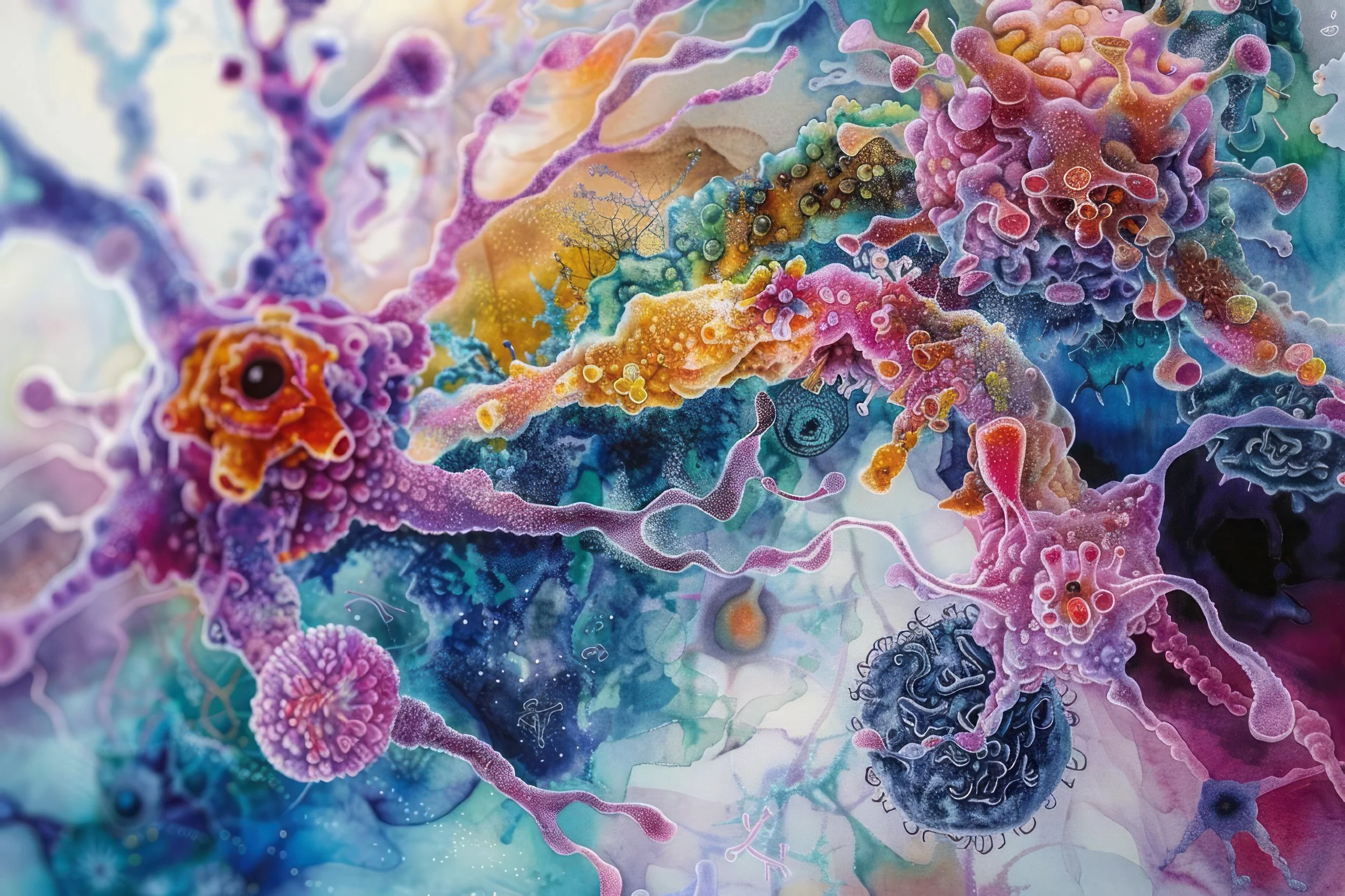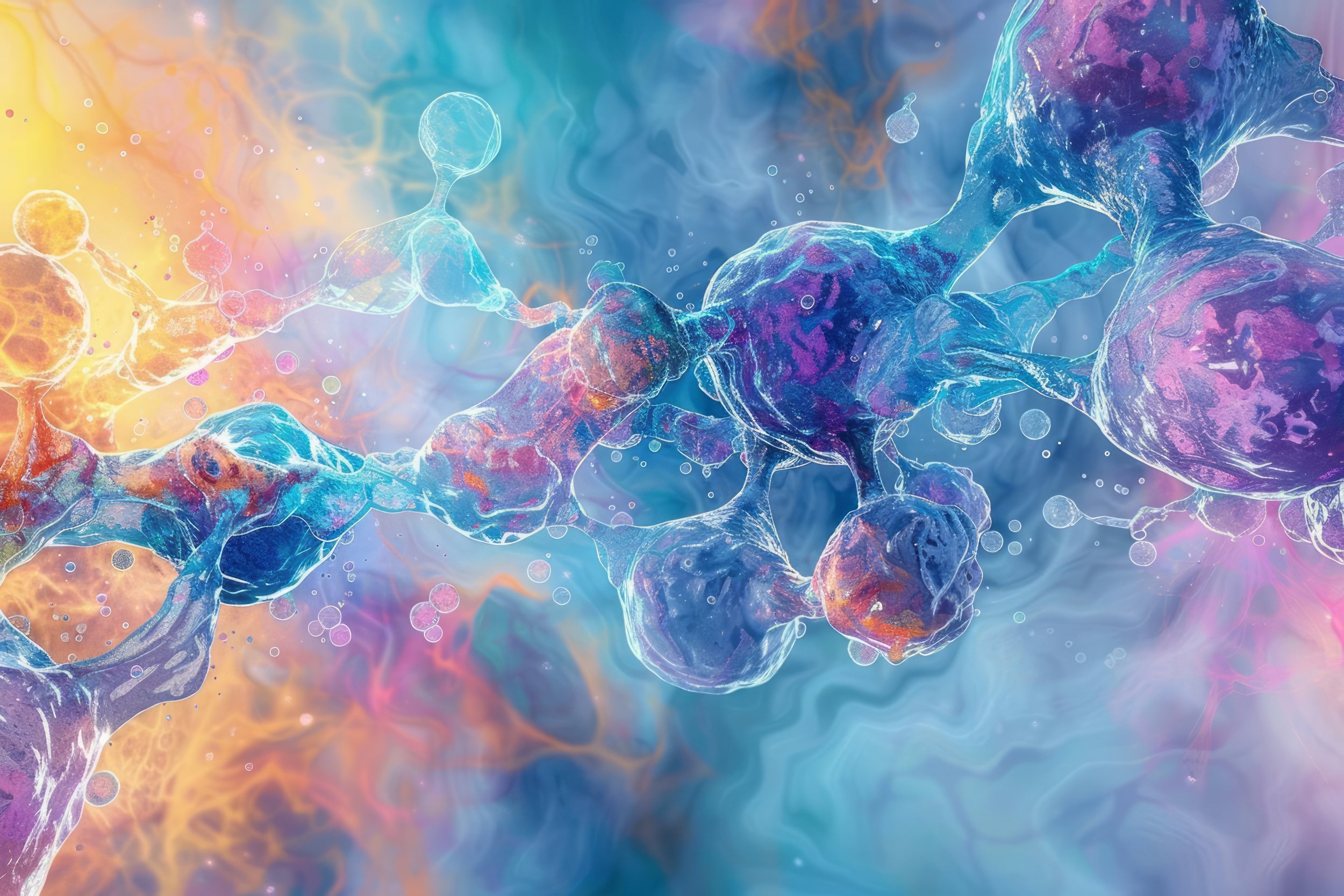Research questions
Our research methods
-
Whole-cell patch-clamp electrophysiology
Whole-cell patch-clamp electrophysiology is a technique used to measure the ionic currents passing through the entire cell membrane, providing detailed information about the cell's electrical properties and ion channel activity.
-
Optogenetics-assisted circuit mapping
Optogenetics-assisted circuit mapping is a technique that uses light to control genetically modified neurons, enabling precise investigation of neural circuits and their functional connections within the brain.
-
In vivo biosensor-based imaging
In vivo biosensor-based imaging is a technique that uses biosensors to monitor and visualize biochemical processes and molecular activities within living organisms in real time.
-
Rodent behavioral techniques
Rodent behavioral techniques are experimental methods used to study and analyze the behavior, cognitive functions, and neurological responses of rodents in controlled settings to gain insights into brain function and disease.
Active Funding
DP1 (PI), NIDA, DA060482
8/1/24 – 5/31/29
Developing GPCR modulators of somatostatin interneurons for the treatment of Opioid Use Disorder
F31 (Sponsor; PI: Fabian),
NIAAA, AA031397
9/1/24 – 8/31/27
Input specific adaptations to glutamatergic synaptic strength and plasticity on PFC parvalbumin interneurons following ethanol drinking
R01 (PI), NIDA, DA058704
9/15/24 – 8/31/29
Targeting PFC interneurons for personalized treatments in Opioid Use Disorder
Research Grant (PI)
Whitehall Foundation
10/1/22 – 9/31/25
Vasoactive intestinal peptide interneurons orchestrate PFC adaptations to stress
F31 (Sponsor; PI: Cole),
NIDA, DA062489
5/1/23 – 4/30/28
Delta opioid receptor regulation of parvalbumin interneuron transmission and oxycodone-related behavior
R21 (PI), NIDA, DA062048
1/1/25 – 12/31/26
Effects of xylazine and opioids on prefrontal cortex inhibitory transmission
YI Award (Sponsor; PI: Brockway)
Akira Arimura Foundation
2/1/25 – 1/31/27
Deciphering the action of VIP on neuronal modulation and G protein signaling in cortical cell types
Completed Funding
R00 (PI), NIAAA, R00AA02780
9/1/21 – 8/31/24
Sex differences in fast-spiking interneurons promote AUD-related PFC dysfunction
Fellowship, NIMH, 5T32MH093366
6/1/16 – 5/31/17
CNS Drug Discovery Research Training Grant
K99 (PI), NIAAA, K99AA027806
6/2/20 – 8/31/21
Sex differences in fast-spiking interneurons promote AUD-related PFC dysfunction
Fellowship (PI), PhRMA Foundation
6/1/17 – 5/31/19
Modulation of prefrontal cortex function by mGlu3 receptors in rodent models of Major Depressive Disorder
NARSAD YI Award (PI), Brain and Behavior Research Foundation
1/15/23 – 1/14/25
Manipulating alcohol memories by modulating PFC parvalbumin interneurons

Join the lab
Contact us to learn more about the work being done in the lab.



